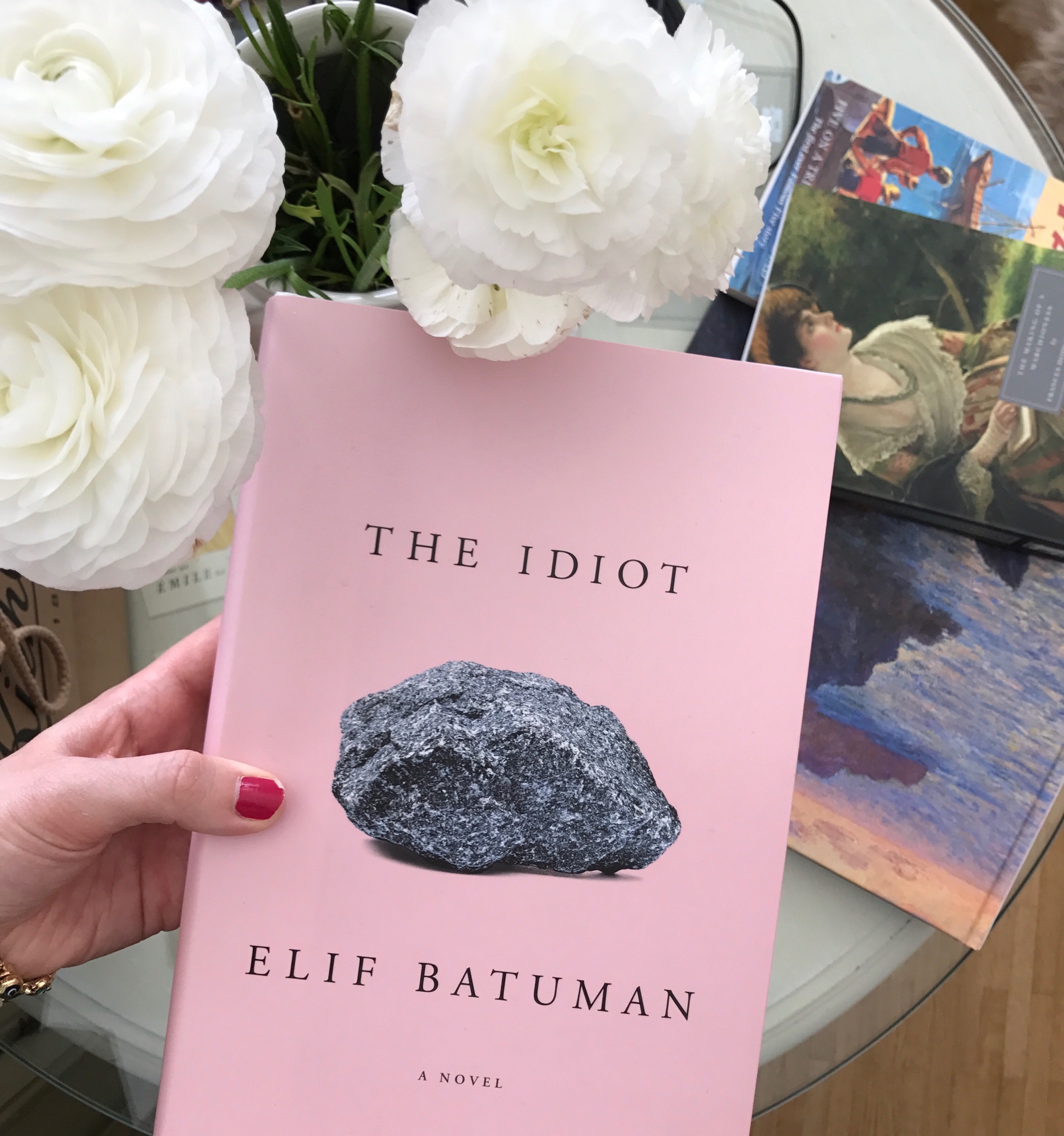Cultural Curiosity and Academic Uncertainty in Elif Batuman's The Idiot
Note: This piece was later published in the Autumn 2017 edition of Noted, the journal of the English Department at the University of Geneva.
One of the most anticipated novels of this year has been Elif Batuman’s The Idiot. A staff writer for The New Yorker and the writer of the 2010 memoir,The Possessed: Adventures with Russian Books and the People Who Read Them, Batuman is predominantly known for being a non-fiction writer who travels quite a lot and engages with literature. I’ve been sporadically following Batuman’s work since 2010, having been recommended The Possessedby my high school English teacher shortly after having gone through that Russian Literature Phase we all experience as students. While her taste in literature is what initially got my attention, what kept it is that Batuman is, like me, of Turkish-American origin. Knowing few Turkish-American authors (read: none), I hoped that she would eventually produce something that spoke to me culturally.
WithThe Idiot, she did just that. A modern Bildungsroman, the novel is internally focalized through Selin, who, at eighteen, is just beginning her studies at Harvard. Selin is born and raised in the United States by two intellectual, supposedly agnostic, parents who have divorced and live in different states. Selin is intelligent, tall (an important detail when Turks are rarely portrayed as such – something I appreciated, being tall myself and having many tall relatives), and curious about everything. She goes against every racist stereotype – from the physical to the intellectual – and brings the Turkish people I knew to life through words.
Still, that Selin is of Turkish origin is never the point ofThe Idiot. That she is Turkish is important to her, but it never defines her. The novel is all about her struggles to find herself as she tries to translate her passions to her studies. This is predominantly seen through her attitude towards language as she engages with linguistics and foreign languages. She immediately signs up to study Russian at university, and it is her struggle to learn the language that defines much of the first half of the novel. Through this program, she becomes close friends with a Serbian girl, Svetlana, and falls in love with a Hungarian senior, Ivan, thereby both destroying stereotypes of who Turks can and can’t be friends with and beautifully opening up both the novel and Selin to further cultures as the relationships push her to travel both to France (with Svetlana) and to Hungary (because of Ivan) in the second half of the novel.
Ultimately though, The Idiotis a novel about the uncertainty and restlessness of university life. Selin is a young, eager student, and still, her hesitancy comes across on almost every page. She makes decisions on which classes to take, but there is a haphazard feeling that permeates her actions. These decisions drive the entire novel, but that they might never have been made are never forgotten. She goes into her university life seemingly knowing what she wants, but she comes away not knowing at all. She is awkward, and often, her actions go awry. It is an unsettling representation of what student life can be like, leaving you stuck between the feeling that you suddenly know so much and yet know nothing at all.
This feeling is so thoroughly woven into the text that I was left in a state of uncertainty for three weeks after finishing the novel. Like Selin going to university, I had gone into the text eagerly, ready to love it. Yet, I came out unsure, not really knowing what I had read. I knew that I had liked whatever it was, but it had nevertheless left me a bit empty. I still don’t really know, but I think that the feeling is appropriate to the story and is a direct result of the way the book is written. It is a masterpiece of characterization, and so it would be impossible to put down the novel feeling otherwise than Selin.
I am thankful for The Idiot– few novels dare to take such an honest stance, depicting both the passion and the potential loss behind intellectual pursuit. The Idiotrings true to many intellectual endeavors, and Selin’s youth and status as a college freshman bring forth a specific uncertainty known to most young academics. I certainly wish that it had come out when I was still an undergrad, wavering between literature, history, and international relations. I highly recommend it to anyone who has lived through the university experience as well as to anyone feeling a lack of cultural representation. It is an excellent, funny, and beautifully mundane book.


